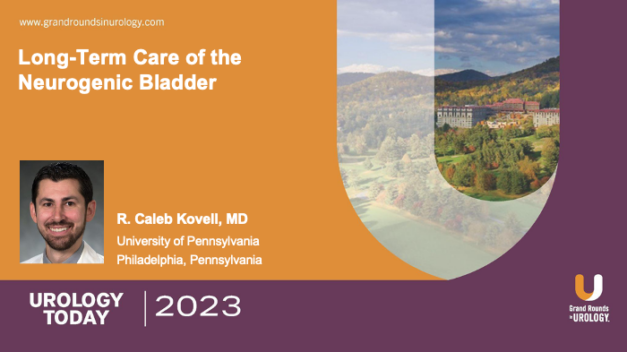Urethral Strictures and Bladder Neck Contractures Made Simple
R. Caleb Kovell, MD, provides an overview of the diagnosis, treatment, and management of urethral strictures and bladder neck contractures. In this presentation, he provides anatomical and surgical examples of urethral stricture:
Presentation
Work-Up
Endoscopic and Surgical Management
Post-Treatment Follow-Up



